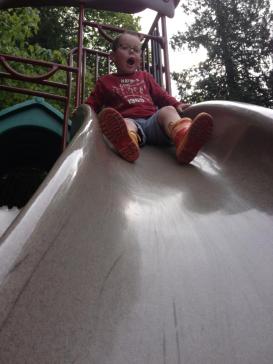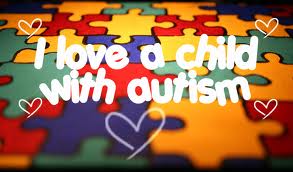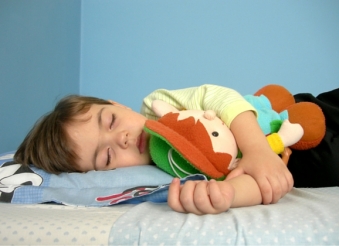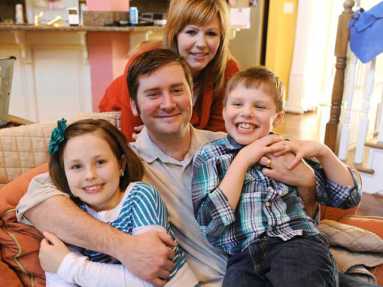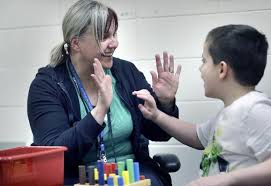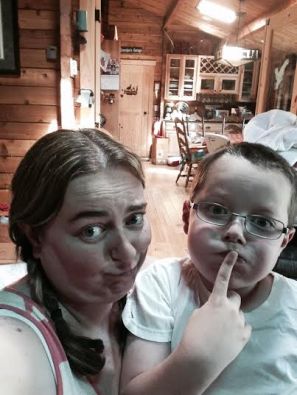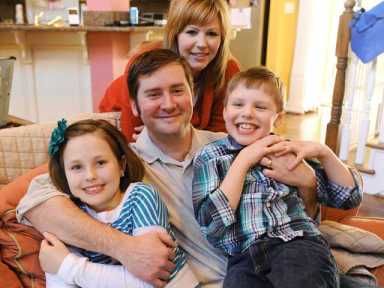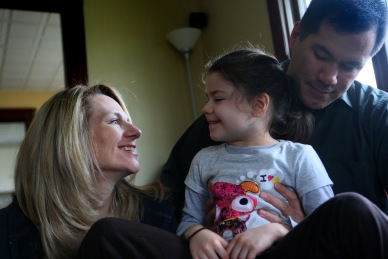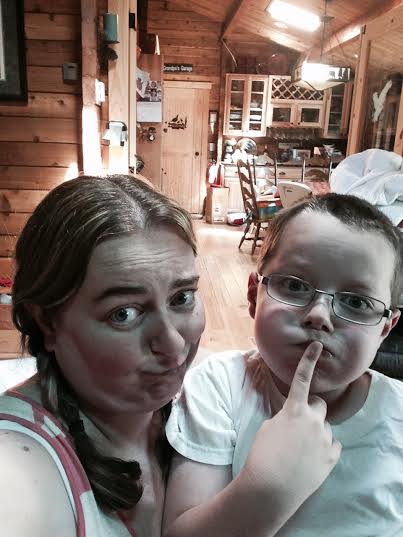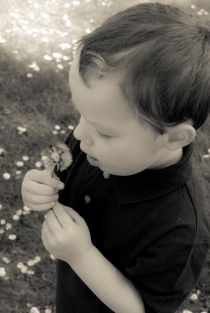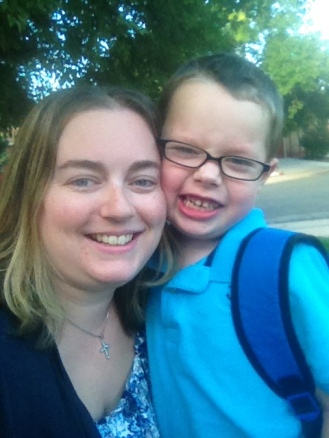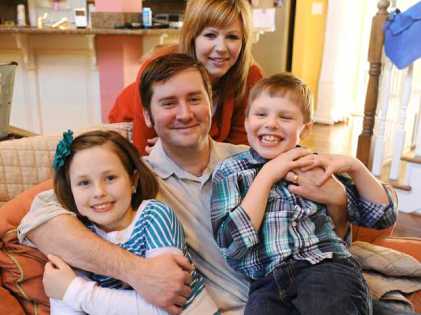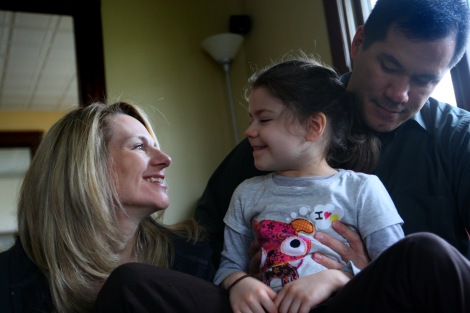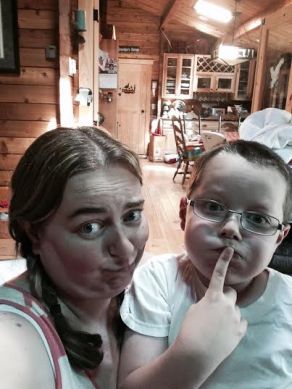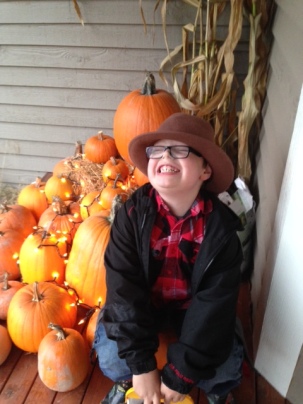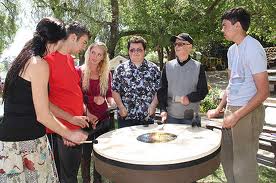Autism: When Will Therapy End?
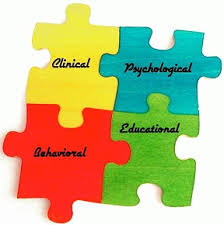
Do you ever feel like all you ever do is go to therapy sessions? Many days a week, driving all around to different therapy clinics. Speech therapy, behavior therapy, occupational therapy, counseling, doctor appointments… it gets daunting and expensive. Other families are doing the same, but it is not therapy they are going to, it is usually sporting events, and every three months they get to change the sport. But you are here, stuck doing the same routine, with the same problematic behaviors, and going from one place to the next, dragging the family all over the place.
A question parents often ask me is, “How long will therapy go on for?” I cannot answer that definitively. Sometimes therapy is short and progress is make quickly; this does not usually happen. Often therapy needs to continue for years. Individuals with Autism need more time to learn and grow compared to their typically developing peers.
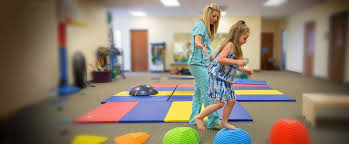
Here are some things to keep in mind about therapy:
- Your child needs this; it is not a waste of time
- After six months if no progress is being made, reevaluate with the therapist to see if this is the right time or model for your child; it may be worth taking a break and trying again later
- Often children can become weary of therapy after a while; it can be worthwhile to take a break for a few months and start up again with a fresh outlook
- After two years of continual therapy, talk with the therapist about if continued services are truly going to be effective; at some point there is a baseline that families must recognize their child will maintain and continual pushing for more may do more harm than good
- If possible, join in on the sessions so you can also be taught the techniques to continue work at home with your child to continue progress
 .
. 
- If you are unable to join the session, use the time your child is in therapy for yourself; you can read, catch up on a show, do a quick shopping, or just relax!
Perhaps the greatest thing to keep in mind is no matter what your feelings and emotional stress is regarding therapy, if your child is getting the help he/she needs, then the time is worth it. Remember, you are the expert on your child, you know how much they can handle and cope with. The therapist is the expert in their particular field, they know how much progress has been made and could potentially be made. Together come up with a plan and goals. If you both feel like things are not moving forward in a positive direction, then perhaps it is time to step away from therapy, at least for a few months.
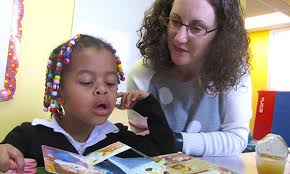
In the meantime, enjoy watching your child progress and grow in their knowledge and understanding! Recognize the purpose of the therapy and ask the questions you have for your own better understanding. Do your best to keep things organized and plan ahead to reduce your stress. And finally enjoy the exciting (and maybe sometimes infrequent) bursts of shooting stars of knowledge they gain and then use on their own!




